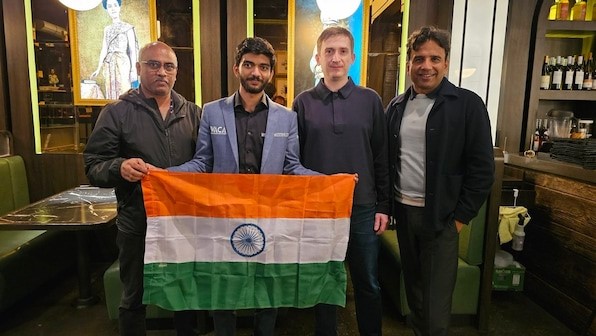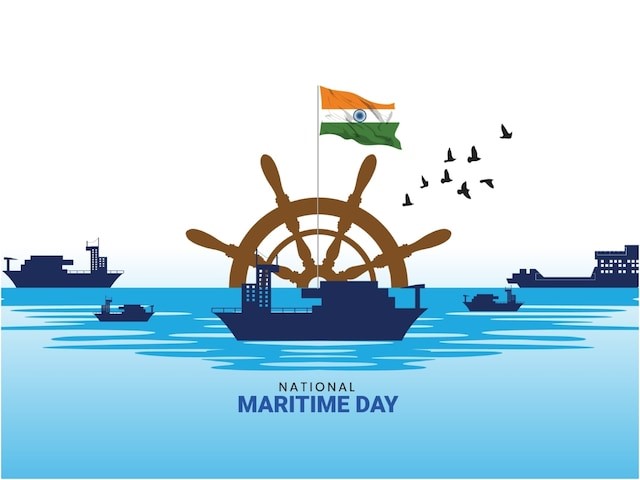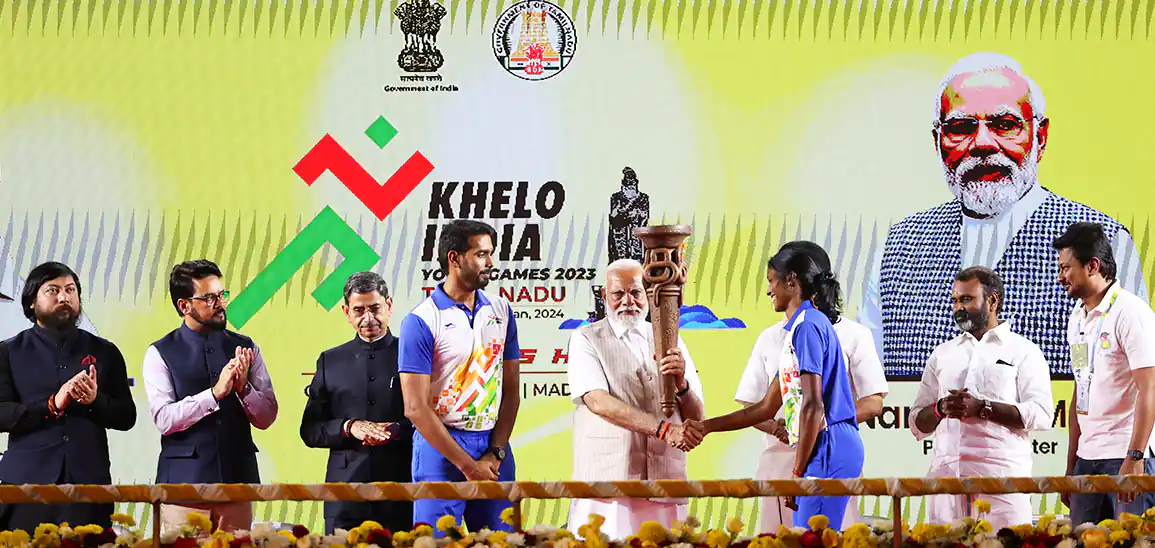Description
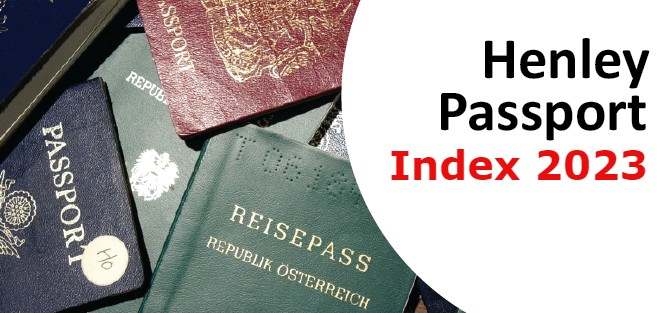
Copyright infringement not intended
About:
- Henley Passport Index 2023 puts India’s passport in the 85th.
- The Index is prepared based on data available from the International Air Transport Association.
- The index ranks passports of countries, “according to the number of destinations their holders can access without a prior visa.”
- With access to 193 countries, Japan tops the list as the world’s most powerful passport.
- Afghanistan is ranked last in the list, its passport giving access to only 27 countries.
- India's access to countries has decreased by one; in 2022 the Indian passport-holders enjoyed visa-free/visa-on-arrival travel to 60 countries, in 2023 this has come down to 59 countries.
- The index also assessed the passports based on how much of the global GDP can be accessed by the passport holder. “By combining Henley Passport Index data and World Bank GDP data, the new research ranks all 199 passports in the world in terms of their Henley Passport Power (HPP) score,”
- The strongest passport (Japan) allows visa-free travel to 193 countries (85% of the world); a gateway to 98% of the global economy.
- Afghanistan passport allows the passport holder to have visa-free access to only 1% of the world’s economy.
- Despite having the world’s fifth-largest economy Indian passport holders can access just 59 destinations worldwide and only 6.7% of the global GDP, of which the country’s GDP accounts for around half.
- The report also analyzed the impact that Russia’s attack on Ukraine has had on travel.
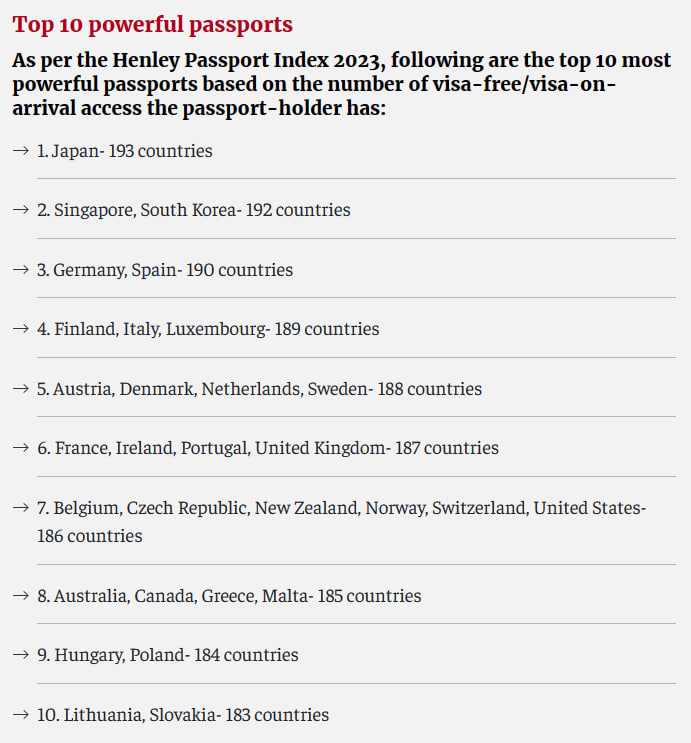
The importance of Visa-free arrangements between nations:
- The visa is an essential accompaniment to the passport.
- If the passport is the portal to the outside world, the visa is the password to various sites across the world.
- A Visa is usually stamped or glued into the bearer’s passport.
- There are several different types of visas, each of which affords the bearer different rights in the host country.
- The world order of today dictates that no immigration should happen without an agreement between the traveller’s home nation and the destination country.
- A country’s visa policy is a rule that states who may or may not enter the country.
- The policy may allow passport holders of one country to enter visa-free but not passport holders of another country.
- There are quid pro quo arrangements between nations though.
- Most visa policies are bilateral, meaning that the two countries will allow visa-free travel to each other’s citizens, but this is not always the case.
- A country's visa policies are often governed by considerations such as diplomatic relations with the other country, the history if any, of illegal immigration from the country, cost and tourism factors, etc.
- If your home country has a visa agreement with the country to which you intend to travel, then you likely will not need to apply for a visa beforehand.
- In the absence of a visa agreement between the traveler’s home country and the intended destination, one must apply for a visa before travelling.

https://www.thehindu.com/news/national/henley-passport-index-2023-india-rises-two-spots-in-passport-strength-index/article66412252.ece










